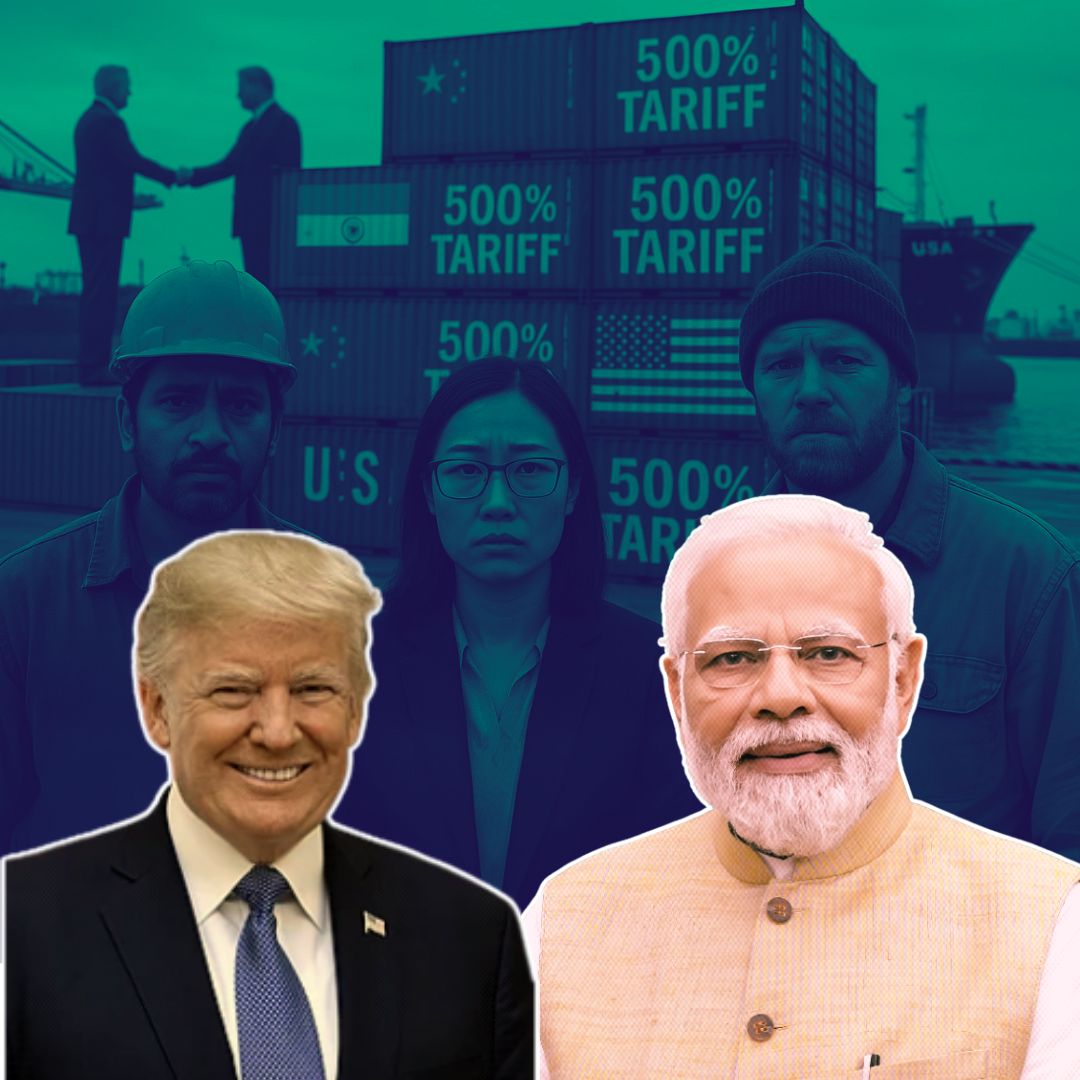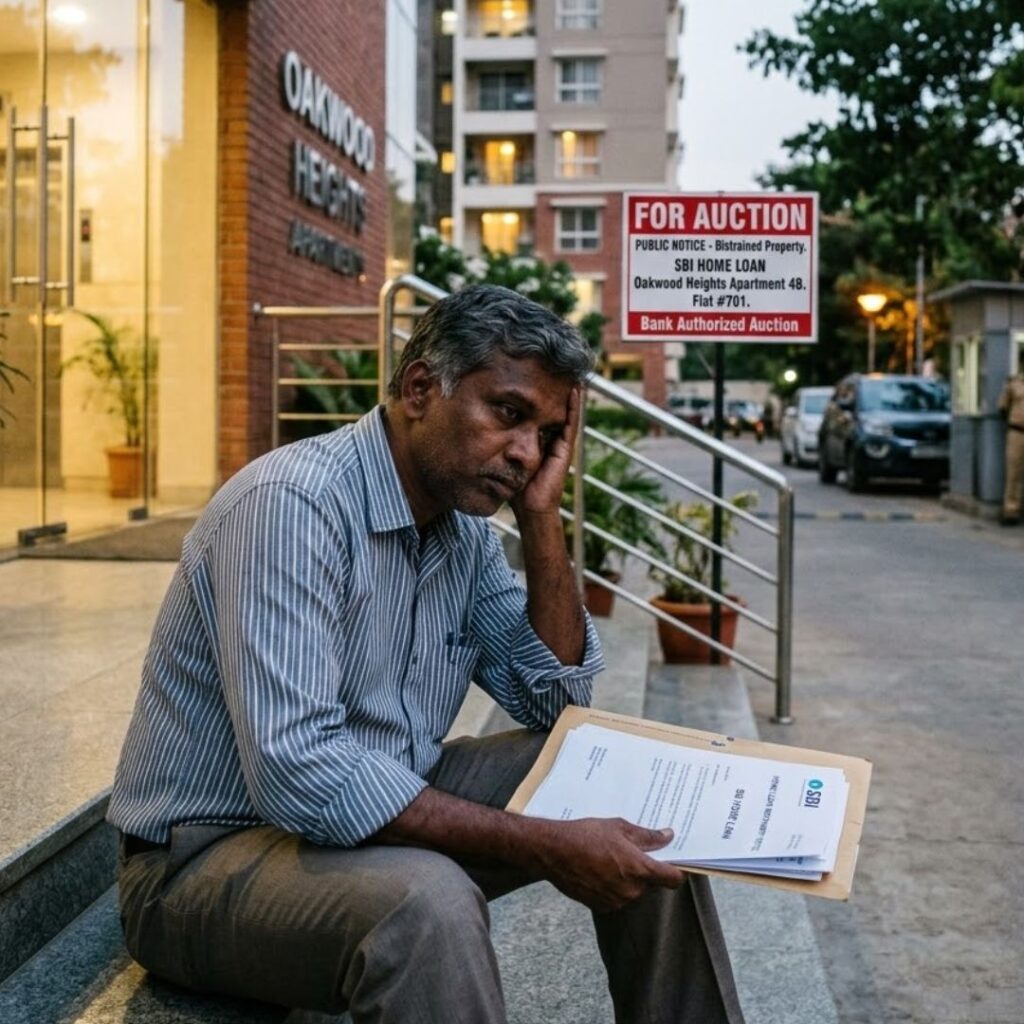A new US Senate bill, strongly supported by former President Donald Trump and co-sponsored by 84 senators from both parties, proposes imposing a staggering 500% tariff on products imported from countries that continue trading with Russia, particularly in oil.
This legislation targets major Russian trade partners like India and China, who together purchase about 70% of Russia’s oil exports. The bill aims to pressure these nations to sever economic ties with Russia amid its ongoing war in Ukraine.
If passed, the bill will grant the US President discretionary power to enforce these tariffs, potentially affecting key Indian exports such as pharmaceuticals, textiles, and IT services. The bill is slated for introduction in the Senate after the July recess, signalling a significant escalation in US efforts to isolate Russia economically.
A Bipartisan Push to Curtail Russia’s War Economy
The proposed legislation has garnered rare bipartisan support in the US Senate, with senators from both Republican and Democratic parties uniting to take a tough stance against Russia’s continued aggression in Ukraine. Senator Lindsey Graham, a prominent Republican backer, described the bill as a “bone-breaking” sanction designed to choke off Russia’s financial lifelines.
In a recent interview with ABC News, Graham emphasised, “If you’re buying products from Russia and you’re not helping Ukraine, then there’s a 500% tariff on your products coming into the United States. India and China buy 70% of Putin’s oil. They keep his war machine going.”
The bill includes a presidential waiver, allowing the US President to decide whether and when to apply the tariffs, providing some flexibility in diplomatic negotiations. Senator Richard Blumenthal, a Democratic co-sponsor, echoed the urgency of the measure during his recent visit to Ukraine, calling for a “bold economic offensive” to hasten peace.
India’s Strategic and Economic Challenges
India finds itself at the centre of this geopolitical and economic storm. Since the outbreak of the Ukraine conflict in 2022, India has increased its imports of Russian crude oil, which now accounts for nearly 40% of its total crude oil imports, amounting to approximately EUR 49 billion in the third year of the conflict. This shift has helped India secure energy supplies at competitive prices but has also drawn criticism from Western nations.
The proposed US tariffs threaten to disrupt India’s exports to the United States, including vital sectors like pharmaceuticals, textiles, and IT services, which could have significant economic repercussions. Complicating matters, India and the US are currently negotiating a major trade agreement aimed at reducing tariffs and expanding market access.
However, talks have recently stalled over agricultural and market access issues, and the looming threat of these tariffs adds further uncertainty to the negotiations. Indian officials have reiterated their opposition to unilateral sanctions, advocating instead for solutions through multilateral forums such as the United Nations.
The Logical Indian’s Perspective
At The Logical Indian, we recognise the imperative to support Ukraine’s sovereignty and to hold aggressors accountable. However, we also caution against measures that risk alienating key global partners and harming ordinary citizens caught in the crossfire of geopolitical conflicts. India’s longstanding tradition of non-alignment, commitment to peaceful dialogue, and emphasis on multilateralism offer valuable lessons in navigating complex international challenges.
Economic sanctions, while powerful tools, must be wielded with care to avoid unintended consequences that could deepen global divisions and disrupt livelihoods. Rather than punitive isolation, fostering empathy, dialogue, and cooperation remains essential to achieving lasting peace and harmony.
As the world grapples with these difficult choices, we invite our readers to reflect: Can economic pressure be balanced with compassion to build bridges rather than walls? How can global powers work together to ensure peace without sacrificing fairness and coexistence?











